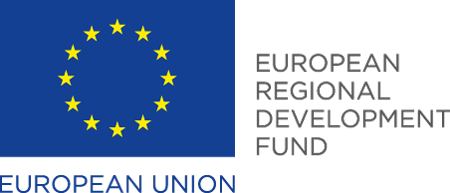2020 July – Hellenic Shipping News – Making ship systems smarter with simulation
The journey may turn out to be more important than the destination: the pursuit of vessel autonomy is already leading to smarter systems that can enhance safety, cost-efficiency, and environmental performance even on today’s vessels. Simulation technology is playing a key role in their development.
“We have a vision of a more efficient, more connected, smart marine ecosystem,” says Neil Bennett, Global Director of Simulation at Wärtsilä Voyage. “Being part of the development of autonomous shipping is fundamental to shaping that future.”
…
A much larger project was the Europe-wide, EUR 43 mn, Sea Traffic Management initiative. Ten simulator training centres – the European Maritime Simulator Network – worked together with the goal of understanding and then facilitating the kind of data exchange that will be crucial for safely operating autonomous vessels.
Wärtsilä, as a simulation provider, took part in this project, which Mills describes as an attempt to establish “air traffic control at sea.” One key goal was understanding the data sharing needed between ports, vessels, and other stakeholders – such as ship service providers and onward logistics companies – to enable “just-in-time” sailing.
Three hundred vessels were fitted with tools to collect and transfer data. Studying interactions between these vessels provided important insights into how sea traffic could be better managed to optimise vessel voyages and port calls – reducing fuel cost and emissions. But even with so many vessels participating, the number of times ships would meet each other physically would have been rather limited. With the help of the simulator network, they met virtually, giving researchers the opportunity to collect more data faster.






